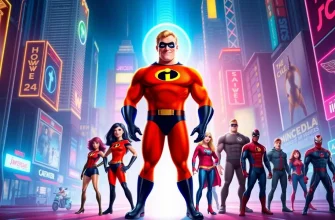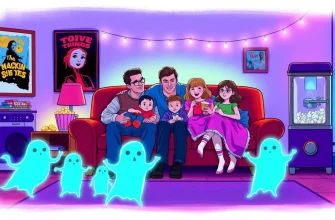The theme of power has always been a compelling subject in cinema, offering a rich tapestry of narratives that explore the dynamics of strength, influence, and control. This curated selection of films delves into various interpretations of power, from physical might to psychological dominance, providing viewers with insights into human nature, societal structures, and the consequences of wielding power. Whether it's the raw physicality of a superhero or the subtle manipulation of a political mastermind, these films offer a profound look at what it means to hold power and the responsibilities that come with it.
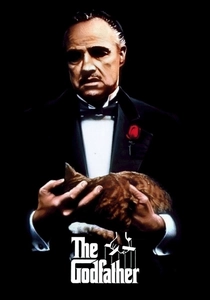
The Godfather (1972)
Description: A tale of family, loyalty, and the power struggles within the mafia, highlighting the transition of power from Vito Corleone to his son Michael.
Fact: Marlon Brando famously refused his Oscar for Best Actor, and the film was initially met with resistance from Italian-American groups for its portrayal of the mafia.
 Watch Now
Watch Now
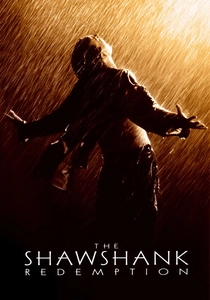
The Shawshank Redemption (1994)
Description: Andy Dufresne's journey through prison life shows the power of hope, friendship, and resilience against oppressive systems.
Fact: Despite its initial box office failure, it has since become one of the most beloved films, often topping IMDb's Top 250 list.
 Watch Now
Watch Now

The Matrix (1999)
Description: Neo discovers the power of choice and the reality beyond the matrix, exploring themes of mental and existential power.
Fact: The film's bullet time effect revolutionized action sequences in cinema, and it has a strong philosophical underpinning.
 Watch Now
Watch Now
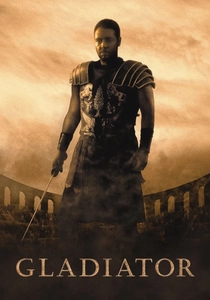
Gladiator (2000)
Description: Maximus, a betrayed general, fights his way to power through the gladiatorial arena, showcasing physical strength and the power of the will to survive.
Fact: Russell Crowe was injured during filming, and the film's iconic line "Are you not entertained?" has become a cultural touchstone.
 Watch Now
Watch Now
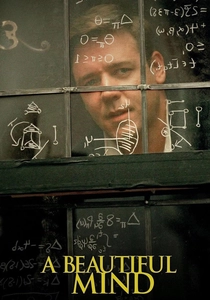
A Beautiful Mind (2001)
Description: John Nash's struggle with schizophrenia and his intellectual prowess illustrate the power of the mind, both in its brilliance and its fragility.
Fact: Russell Crowe learned to play the piano for his role, and the film took liberties with the true story for dramatic effect.
 Watch Now
Watch Now
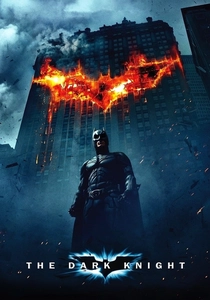
The Dark Knight (2008)
Description: This film explores the power dynamics between Batman, a symbol of justice, and the Joker, an agent of chaos, showcasing how power can corrupt or inspire.
Fact: Heath Ledger won a posthumous Oscar for his role as the Joker, and the film is often cited as one of the best superhero movies ever made.
 Watch Now
Watch Now
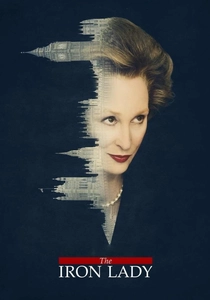
The Iron Lady (2011)
Description: A biopic of Margaret Thatcher, showcasing her rise to power and her impact on British politics, highlighting the power of conviction.
Fact: Meryl Streep's performance as Thatcher won her a third Oscar, and the film was controversial for its portrayal of the former Prime Minister.
 Watch Now
Watch Now

Inception (2010)
Description: Dom Cobb's ability to enter dreams and plant ideas explores the power of the subconscious mind and the manipulation of reality.
Fact: The film's complex narrative structure took years to develop, and the spinning top at the end has sparked endless debate.
 Watch Now
Watch Now
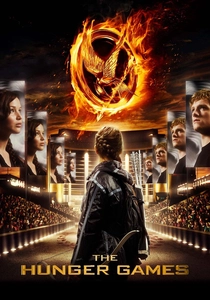
The Hunger Games (2012)
Description: Katniss Everdeen's defiance against the Capitol's control showcases the power of resistance and the fight for freedom.
Fact: The film was shot in North Carolina, and Jennifer Lawrence's portrayal of Katniss became iconic for a generation.
 Watch Now
Watch Now
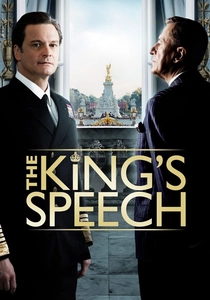
The King's Speech (2010)
Description: This film focuses on King George VI's struggle with his stammer, illustrating the power of overcoming personal challenges to lead a nation.
Fact: The film was inspired by true events, and Colin Firth won an Oscar for his portrayal of the King.
 Watch Now
Watch Now






